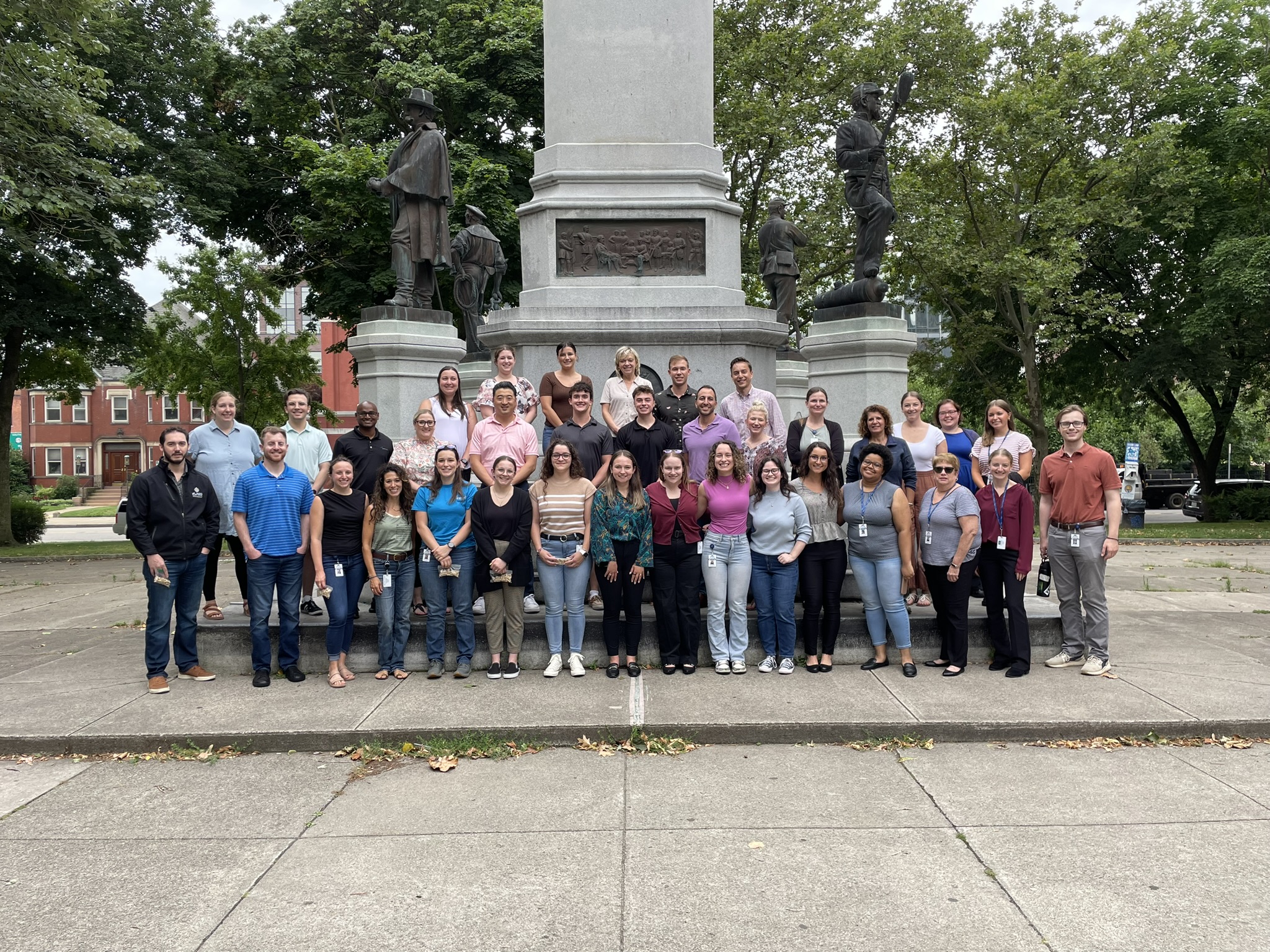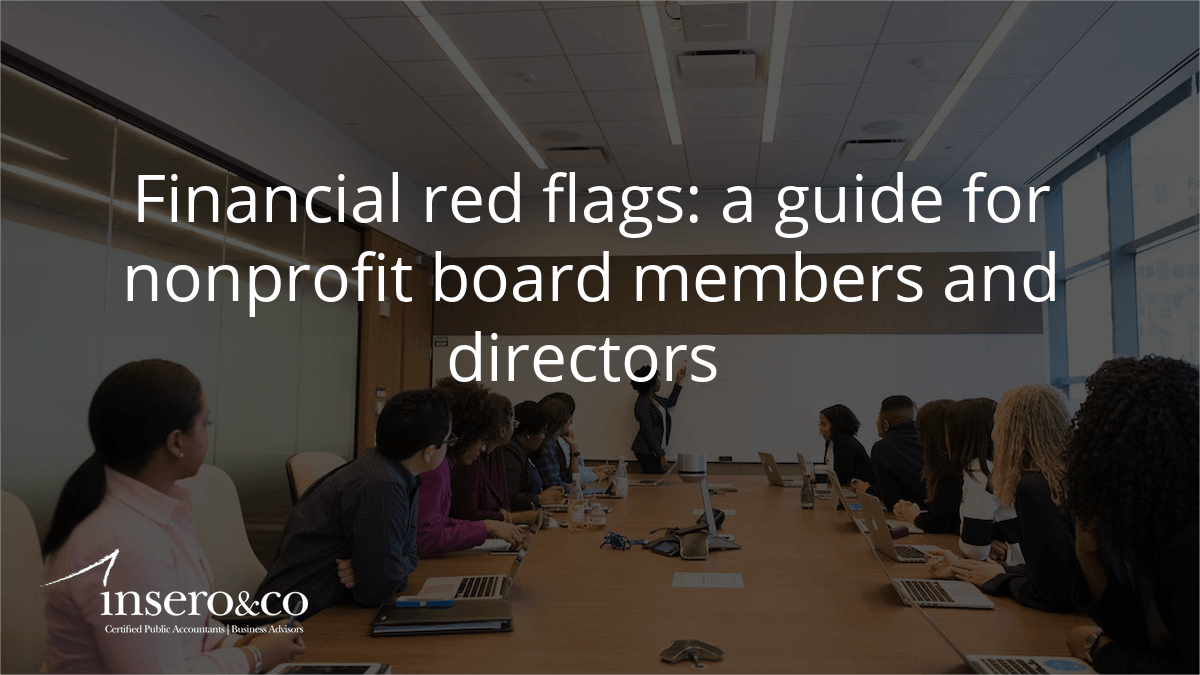Fall is a busy time for many of us, and this year is no exception. While interviews may look different this year, it’s still important to prepare. Here are my top 7 tips for how to prepare for and conduct yourself during an interview.
1. Research the company – impress the interviewer by taking the time to learn about their organization
Utilize the following resources to research the organization:
-
- Internet (visit the company’s web site, LinkedIn, Facebook, Instagram, Twitter, etc.)
- Newspaper and magazine articles
- Talk to others who work for the company
- Recruitment/employment literature (often available online or in your school library or career service office)
- Call the company and ask them to send you some company literature prior to your interview
- Annual reports
Below are recommendations on the type of information you can research about the organization:
-
- When was the company founded?
- Where are their corporate offices located?
- What does the organization do?
- What are its key services?
- Has the organization been growing?
- What are some of the organization’s latest achievements or awards?
2. Know your skills and qualifications and how they relate to the position for which you are applying
-
- Take time to identify your individual strengths
- Write down your strengths and think of how these strengths can benefit the company
- Create a list of things you have accomplished in your career to date (or accomplishments from school) that you are particularly proud of
3. Prepare a brief list of questions to ask the interviewer about the organization and position to convey your interest
Examples of questions to ask during the interview:
-
- What are some goals for someone in this position?
- What would you expect one to have accomplished in the first 3 months on the job?
- What computer systems/programs would this person work with daily?
- What is the company culture like?
- What do you enjoy about working here?
4. Be prepared for questions an interviewer might ask
Behavioral-Based Questions
-
- In your current position, what would be one accomplishment that you are most proud of and why? What specifically did you do to accomplish this? What obstacles did you run into?
- In your current/last position, give me a specific example of how you dealt with a recent customer service issue/complaint? How did the customer react? Was the customer satisfied?
- Tell me about a more challenging team project that you were involved with. What was the project? What was your role? How did the team function? If you had the chance to do it all over again, what would you do differently?
Fact Finding Questions
-
- Tell me more about X?
- What specifically did you do?
5. Practice, Practice, Practice
Role-play interview questions with a friend or conduct a mock interview with a college career service professional. It may seem awkward at first, but it will definitely help you to become more comfortable in the interview process. If your interview will be conducted virtually, practice with your technology set up to make sure you’re ready when the time comes.
6. Pay attention to your appearance
-
- Dress professionally (even if you’re interviewing virtually)
- It is always better to be over dressed than under dressed
- Do not chew gum during the interview
- Have a notebook on hand to take notes. You can have a few questions you plan to ask the interviewer written in your notebook.
7. Put yourself in the interviewer’s shoes
What hiring Managers are looking for in a candidate:
-
- Verbal and written communication skills
- Willingness to learn new skills (flexibility)
- Evidence of achievement and participation
- Community involvement – sports, clubs, and organizations
- Work experience
- Personal qualities
- Ability to get along with others
- Positive approach
- Confidence, neat, professional appearance, motivation
- Clear and realistic goals, enthusiasm
- Computer Literacy (MS Word, Excel, PowerPoint, Email, etc.)
Factors which may lead to rejection:
-
- Overbearing, overaggressive behavior, overconfident
- Too soft spoken, timid, poor grammar/slang, swearing
- Lack of interest/enthusiasm
- Overemphasis on salary/job hopping
- Being unwilling to start in entry level position
- Speaking negatively about past employers and supervisors
- Lack of eye contact
- Arriving late for interview (things happen – if you are late, explain tardiness upon arrival)
- Poor personal appearance
I hope you have found these tips helpful, and look forward to a busy fall full of successful interviews!




